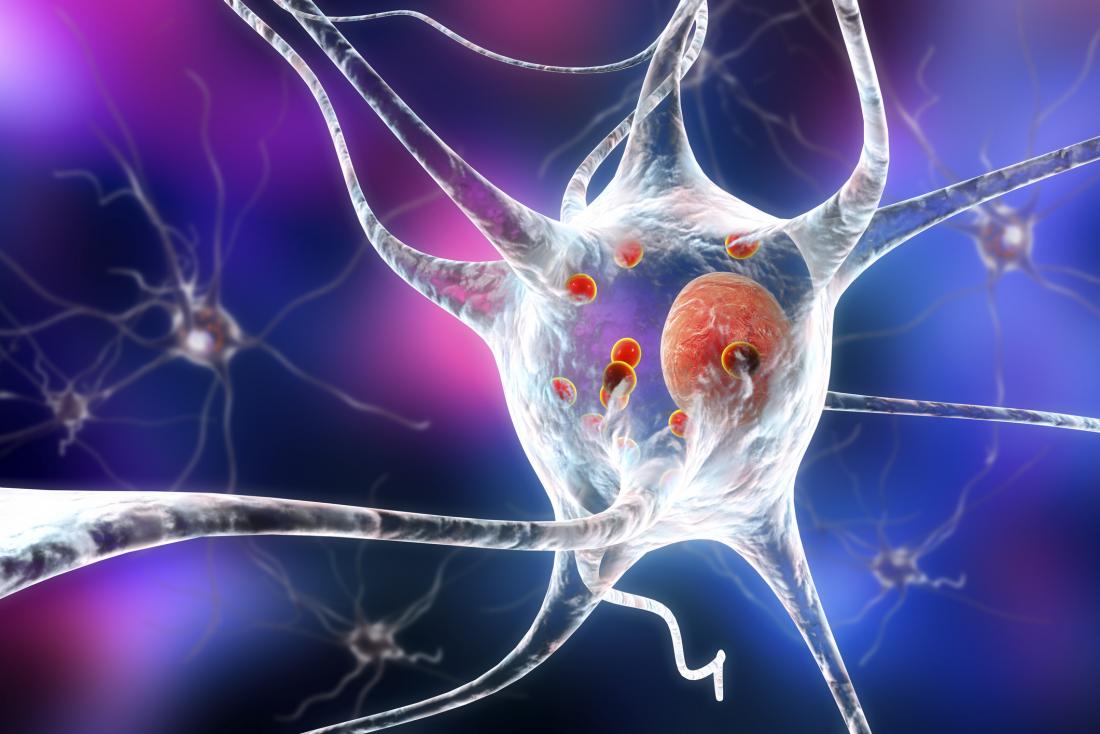Scientists confirm the role of 'molecular switch' in Parkinson's disease

Scientists have confirmed that a protective cell mechanism can be disrupted in the brains of people with Parkinson's disease. The mechanism protects cells against damage caused by faulty mitochondria, the small power units that produce cells' energy.
In the past week, the journal Open Biology published a report on the recent findings.
Parkinson's is a brain disease that worsens over time. As it progresses, it makes talking and walking more difficult, and it can also affect behavior, sleep, thinking, and memory. Other symptoms include fatigue and depression.
The disease arises from the loss of dopamine-producing cells in the brain.
Dopamine is a brain chemical that, among other things, helps control motor function. This is why movement becomes increasingly disrupted as more dopamine cells stop working or die.
Symptoms rarely appear in people younger than 60. However, in 5–10 percent of individuals with Parkinson's, symptoms occur before the age of 50.
Most forms of early-onset Parkinson's disease tend to be inherited, and some are associated with gene mutations.
In the United States, about 60,000 people learn that they have Parkinson's every year, and almost 1 million people in the country will be living with the disease by 2020.
